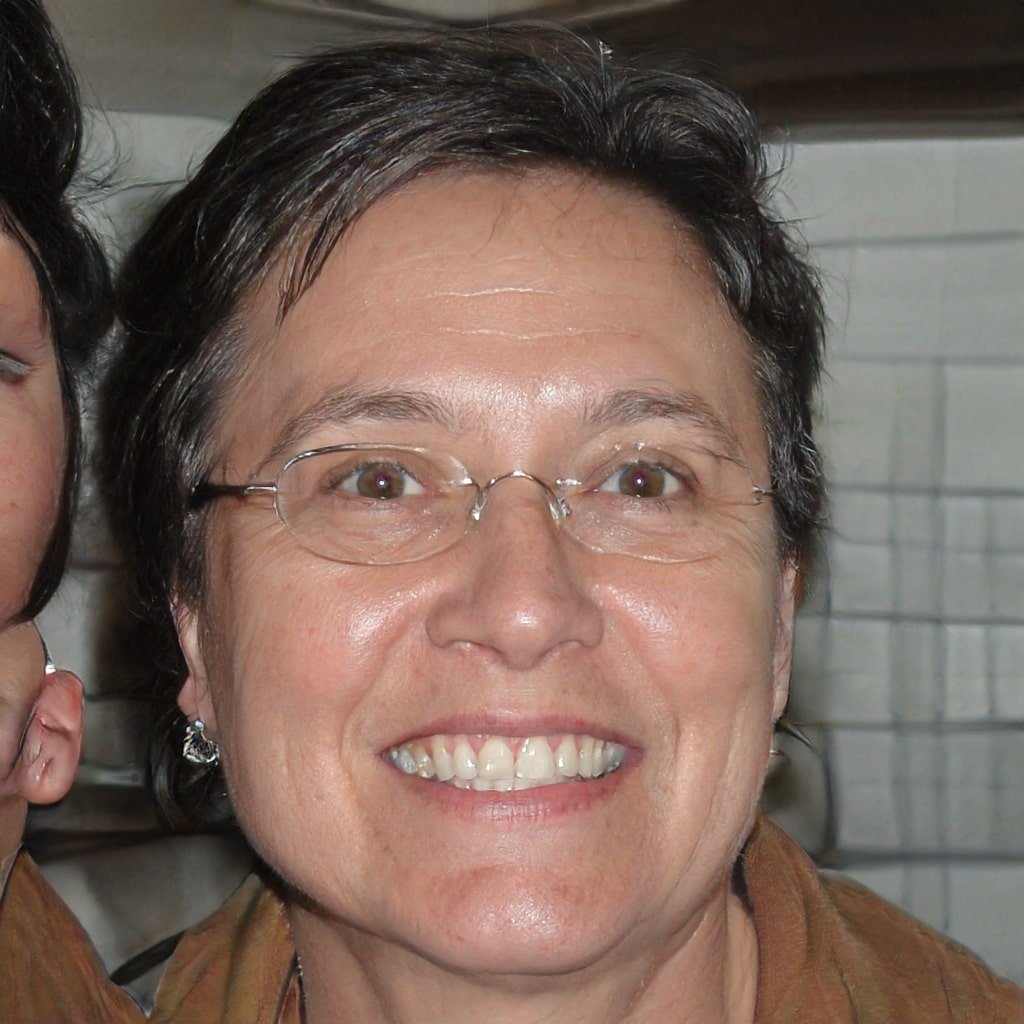Explore the profound impact of empowering elderly patients on the quality of aged care services. Discover the facts, stories, and data that illustrate the transformation. In the realm of healthcare, the notion of “empowerment” isn’t limited to a specific age group.
However, when we focus on the elderly population, the concept takes on a deeper, more profound meaning.
Empowering elderly patients has a transformative effect on aged care, making it not just a duty but a fulfilling and enriching experience for all involved.
The Power of Empowerment
Understanding Empowerment in Aged Care
Before delving into the impact of empowerment, let’s first understand what it means in the context of aged care.
Empowerment is the process of enabling and supporting elderly individuals to maintain control over their lives and make decisions about their own well-being.
It’s about ensuring they have the knowledge, resources, and confidence to lead fulfilling lives even as they age.
Empowering elderly patients means fostering independence, dignity, and choice while receiving care. It’s a journey that involves both healthcare providers and the elderly themselves.
Personal Anecdote: The Graceful Shift
Let me share a heartwarming anecdote that captures the essence of empowerment in aged care.
A few years ago, I had the privilege of meeting Mrs. Johnson, a spirited 83-year-old woman. She moved into an assisted living facility, not as a resident, but as a part of the caregiving team.
Mrs. Johnson’s goal was simple yet profound – she wanted to share her love for painting with her fellow residents.
With the support of the facility’s staff, she initiated weekly art sessions, and the transformation was astounding.
Residents who had been withdrawn and despondent found a renewed sense of purpose. Empowering Mrs. Johnson had a ripple effect that breathed life into the facility.
Empowerment in Aged Care: The Facts and Figures
Let’s dig deeper into the data to understand how empowering elderly patients shapes aged care:

- Enhanced Quality of Life: According to a study by the National Institute on Aging, elderly individuals who feel empowered in their care report a significantly higher quality of life. They express increased satisfaction and a greater sense of well-being.
- Reduction in Healthcare Costs: Empowered patients tend to be more proactive in managing their health. This can lead to a reduction in healthcare costs by minimizing emergency room visits and hospitalizations.
- Improved Mental Health: A study published in the Journal of Gerontology & Geriatric Research found that empowered elderly patients often exhibit better mental health outcomes, including lower rates of depression and anxiety.
- Enhanced Caregiver-Patient Relationships: Empowerment fosters a partnership between the elderly and their caregivers. This relationship is based on trust, respect, and open communication, resulting in better caregiving experiences.
- Increased Independence: Empowered elderly patients can maintain a higher level of independence, which is essential for maintaining their sense of identity and self-worth.
Let’s not forget the significant impact that empowering elderly patients has on the healthcare providers themselves.
A recent survey conducted by the American Association of Caregiving Professionals revealed that caregivers who support empowerment in aged care feel a greater sense of purpose and job satisfaction.
The Role of Technology in Empowerment
In our digital age, technology plays a pivotal role in the empowerment of elderly patients. Tablets, smartphones, and wearable devices can help them access information, connect with loved ones, and even monitor their health. This tech-savvy approach allows the elderly to be more informed and in control of their well-being.
A Glimpse into the Future
As we embrace the potential of technology, we are on the cusp of a revolution in aged care. Imagine a world where wearable devices can monitor vital signs in real time, alerting healthcare providers to any irregularities.
This level of empowerment not only enhances safety but also grants elderly patients the confidence to lead more active lives.
Empowerment: A Shared Responsibility
Empowerment in aged care is not a one-sided endeavor. It’s a partnership between the elderly, their families, and the healthcare providers. Every stakeholder has a vital role to play in this transformation.
A Table of Responsibility
Here’s a quick overview of the shared responsibility in empowering elderly patients:
| Stakeholder | Role |
| Elderly Patients | Advocate for their needs and preferences. |
| Families | Provide emotional support and encouragement. |
| Caregivers | Promote independence and engage in open communication. |
| Healthcare Providers | Offer the necessary resources and support for empowerment. |




